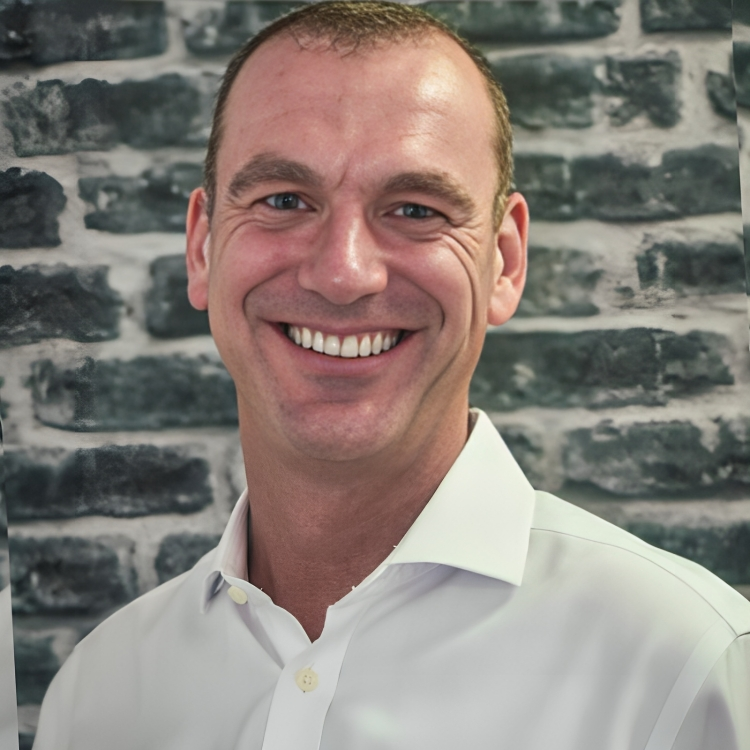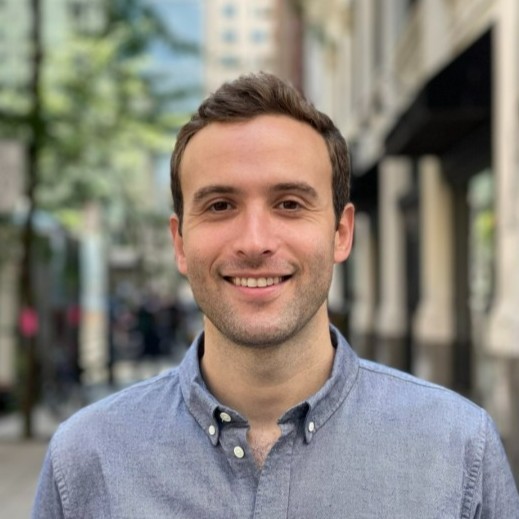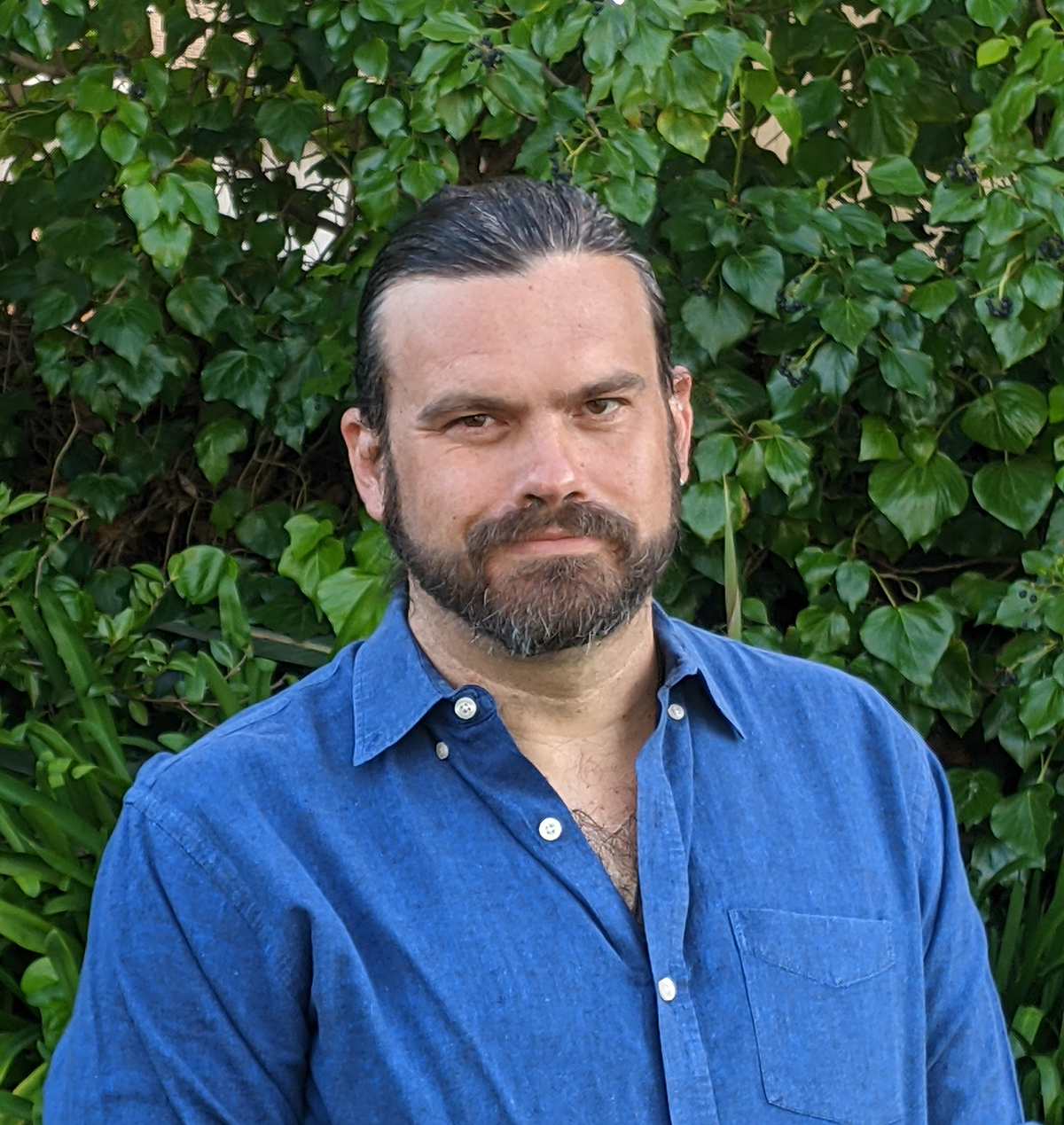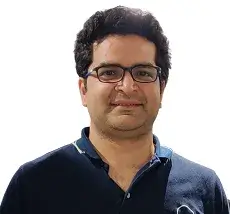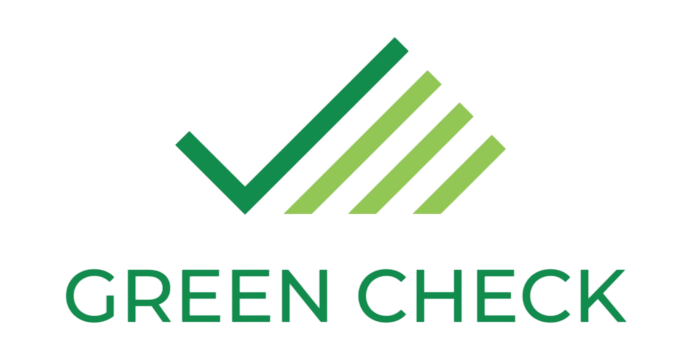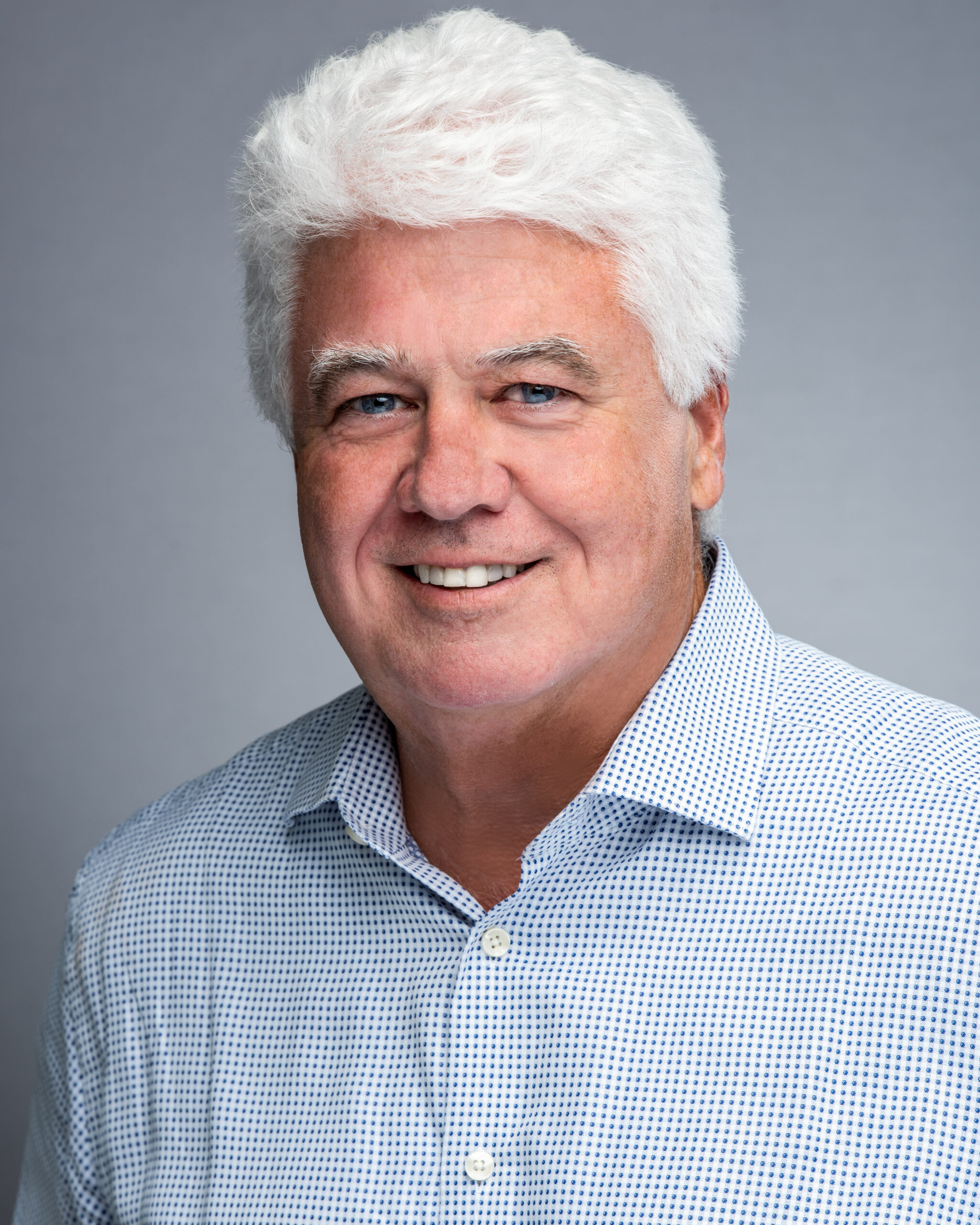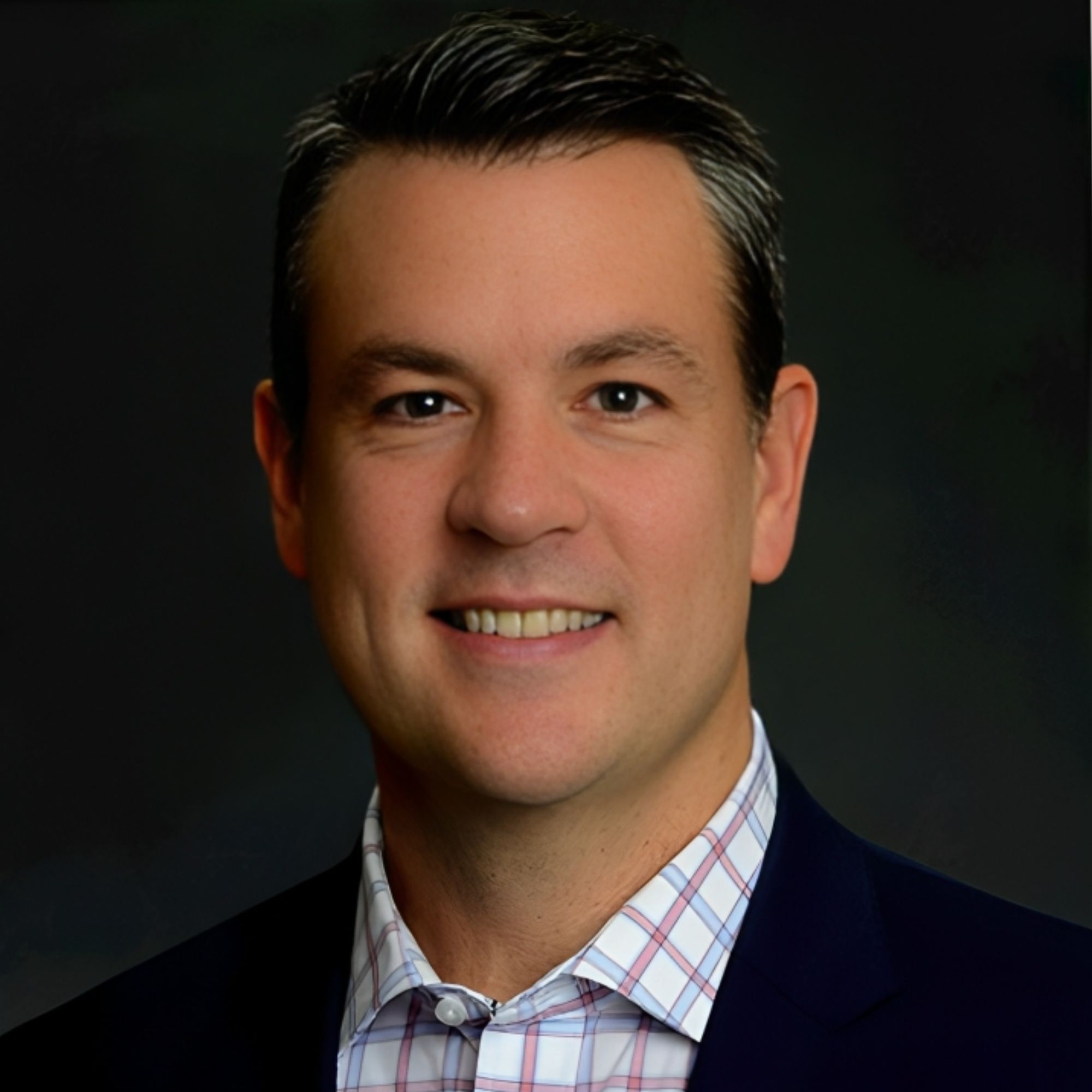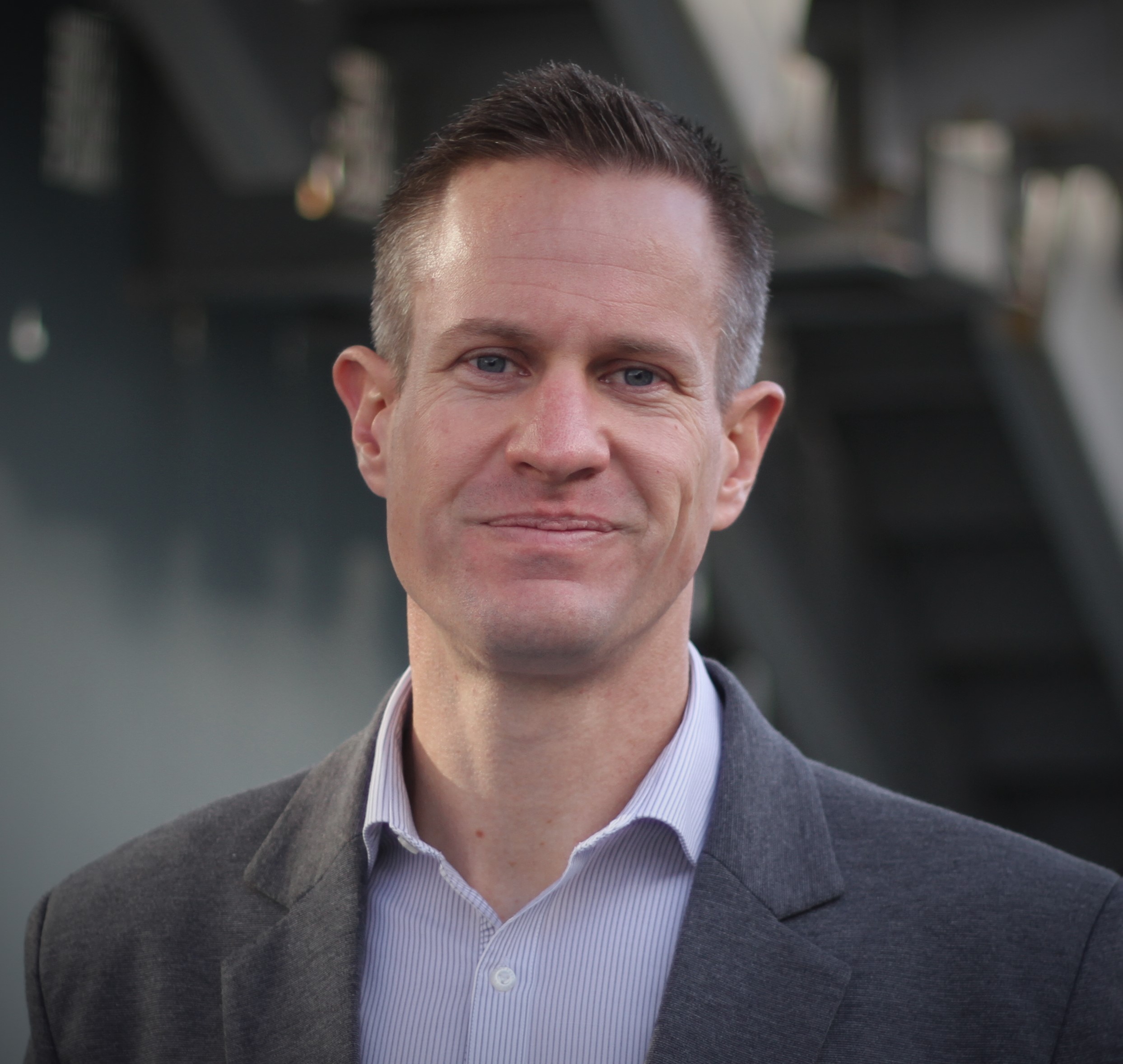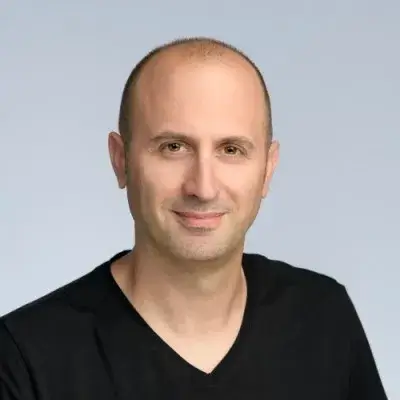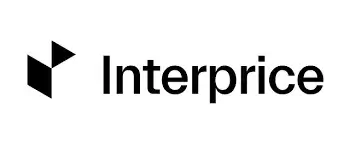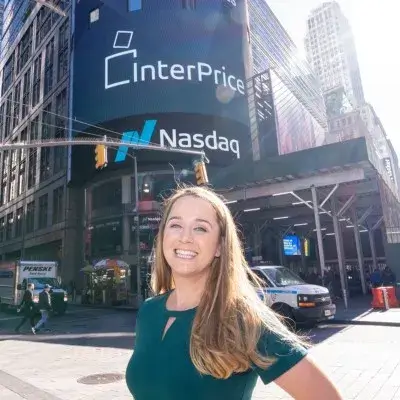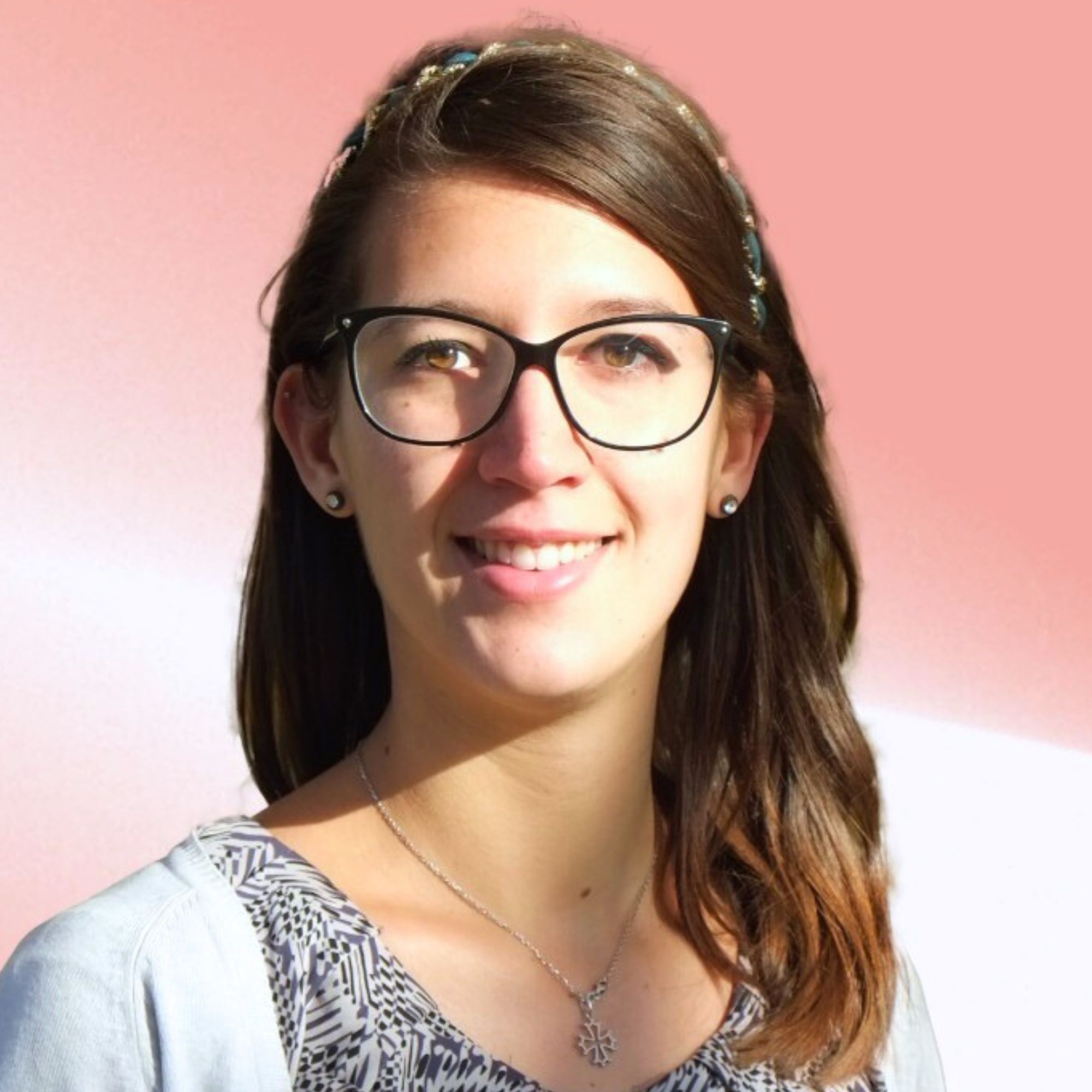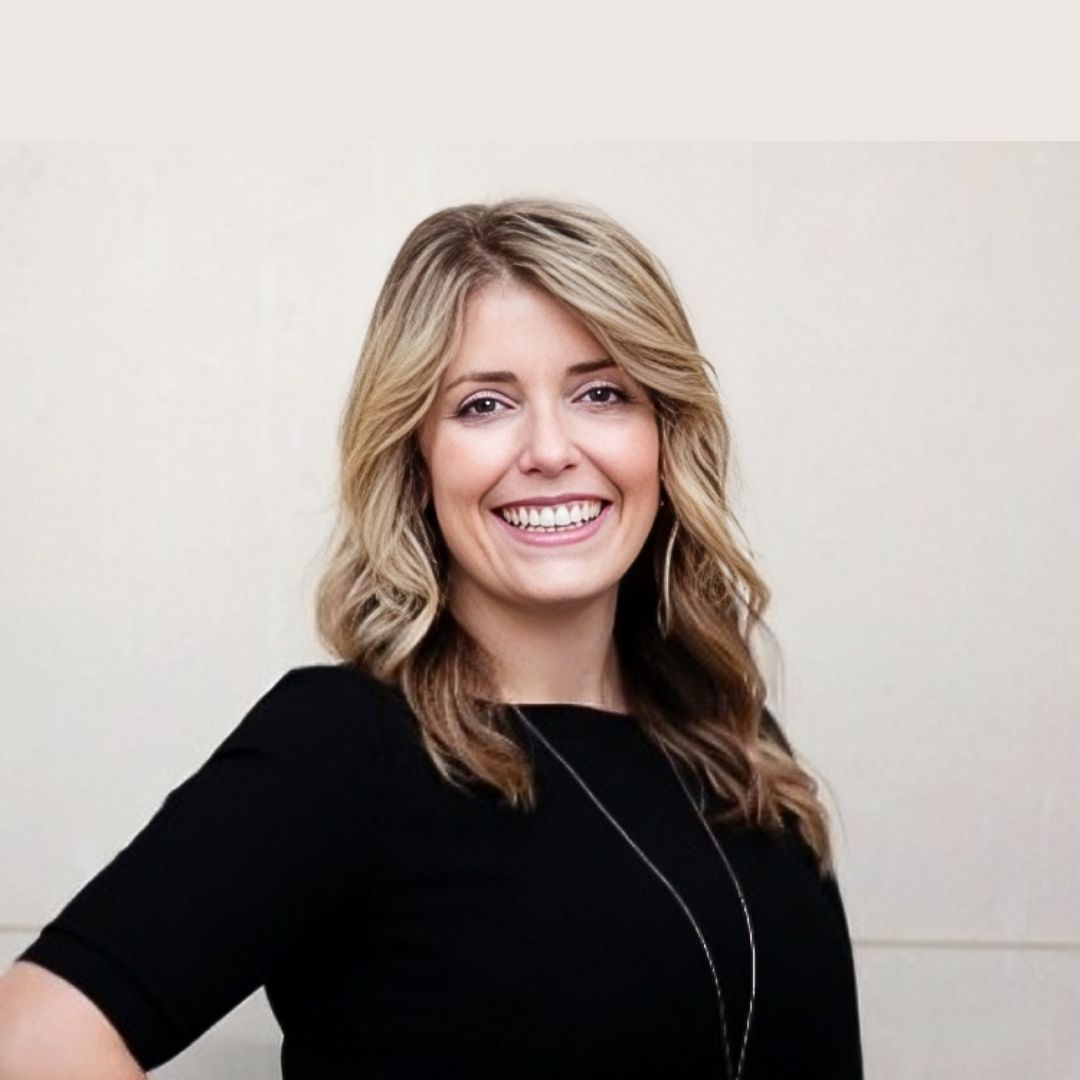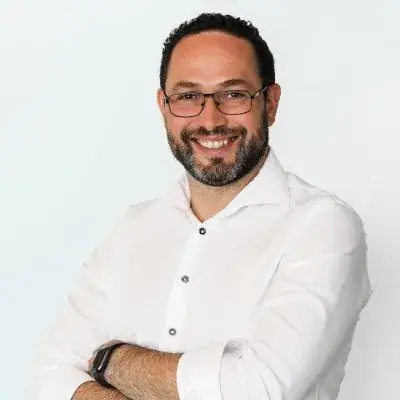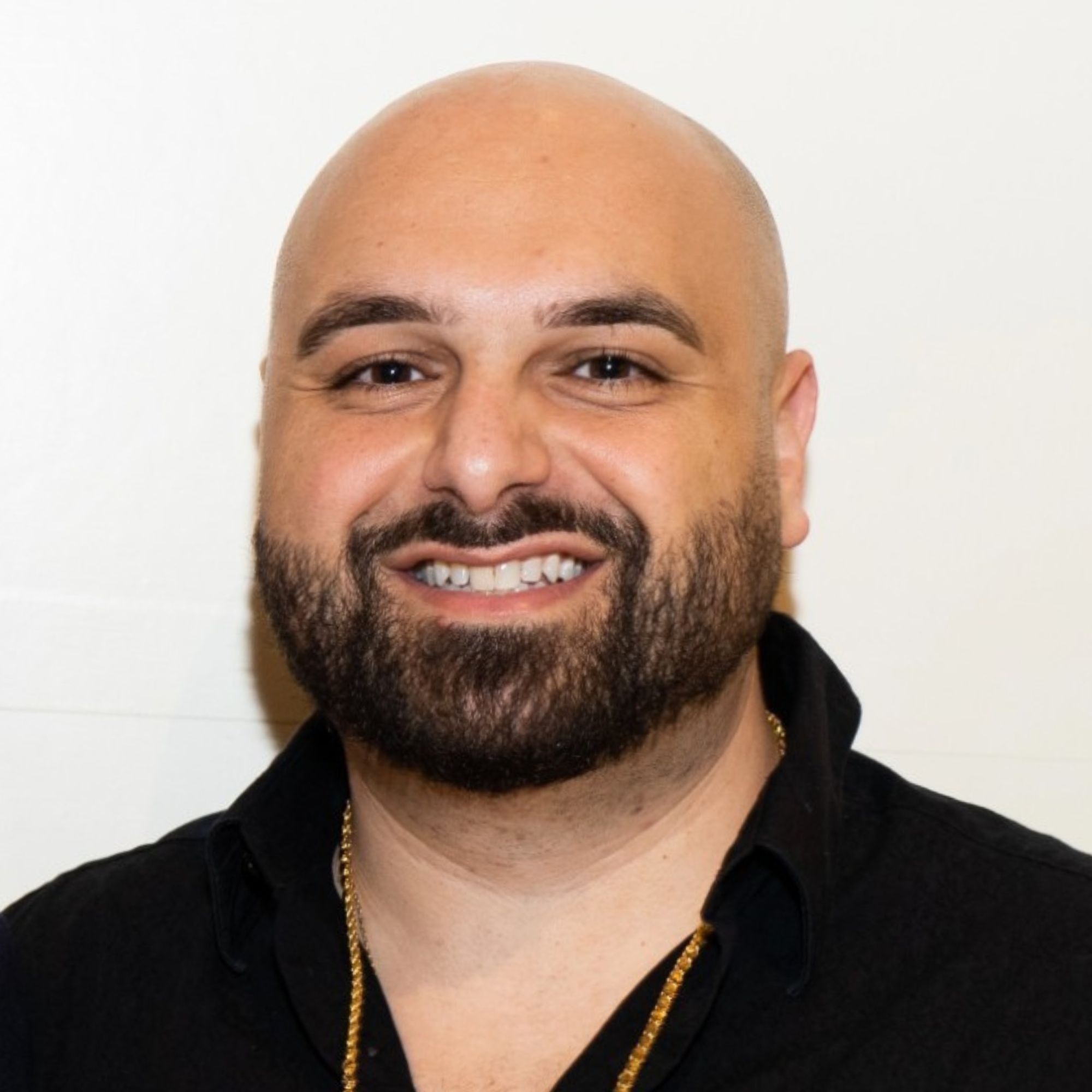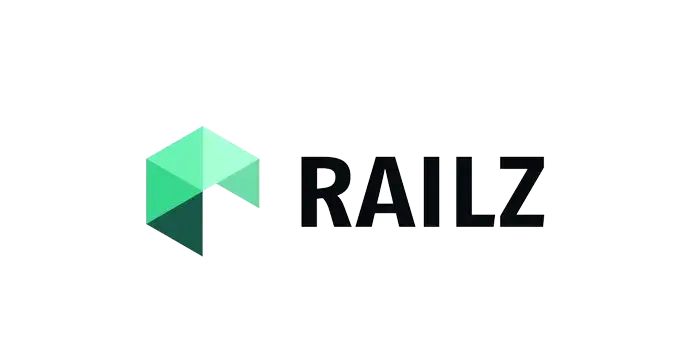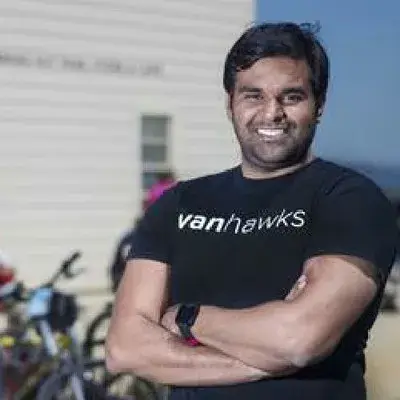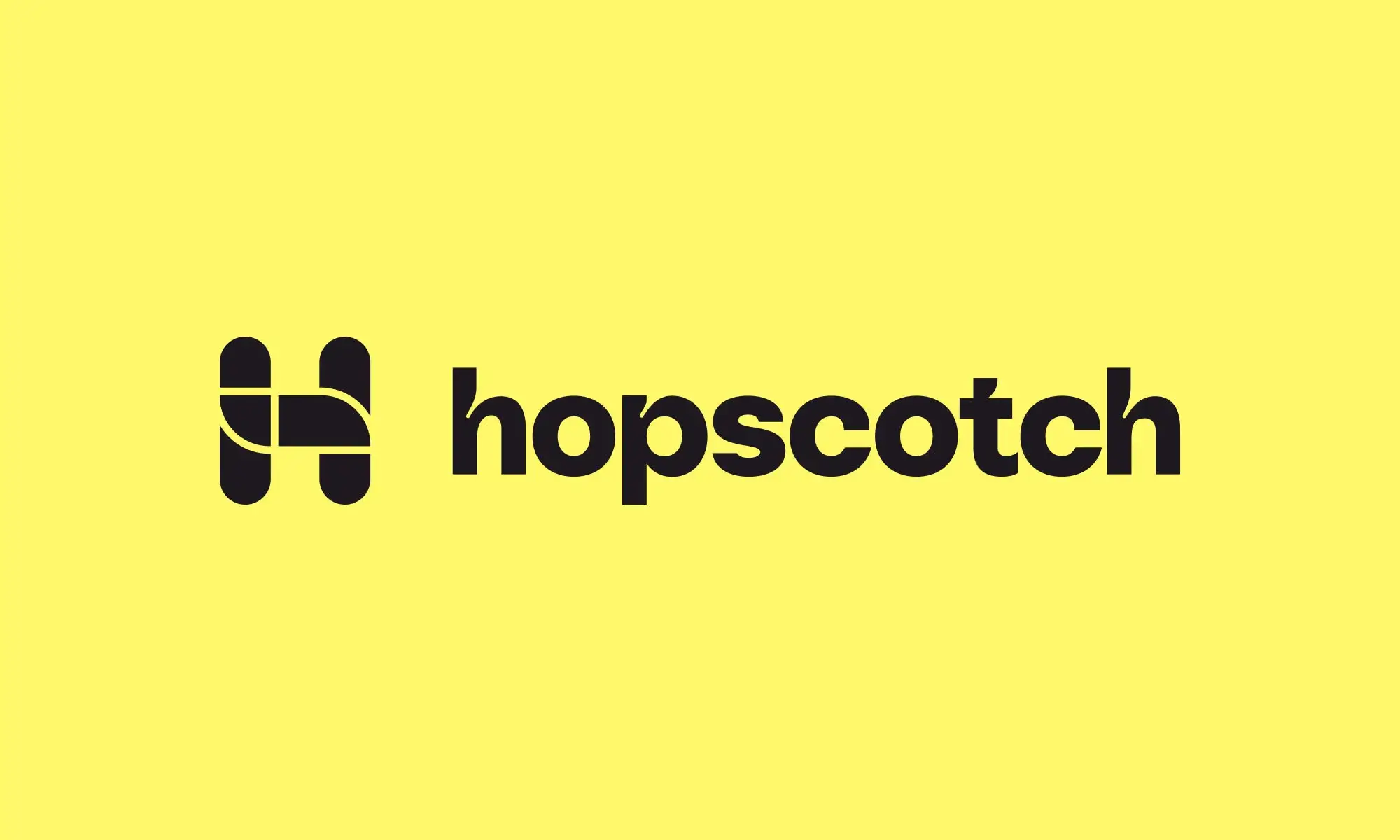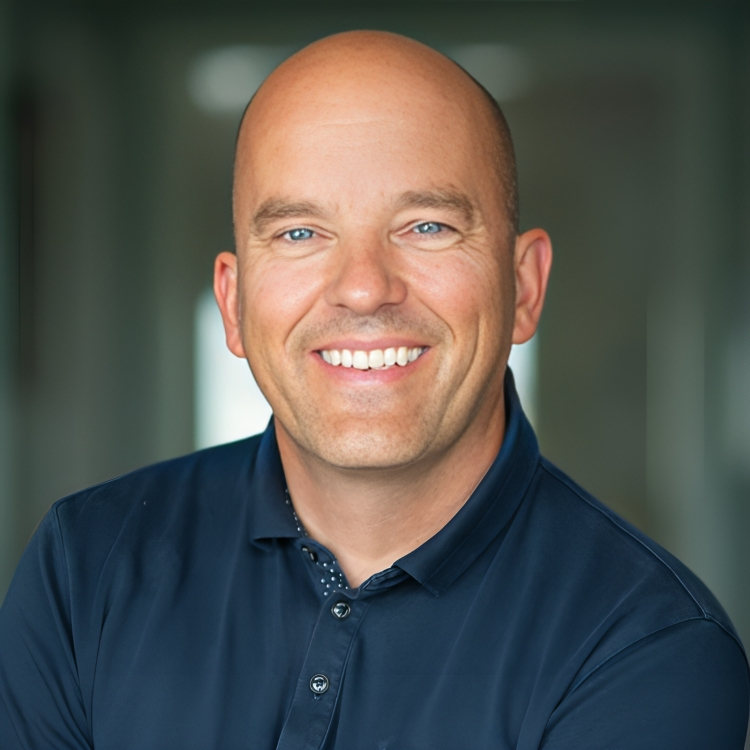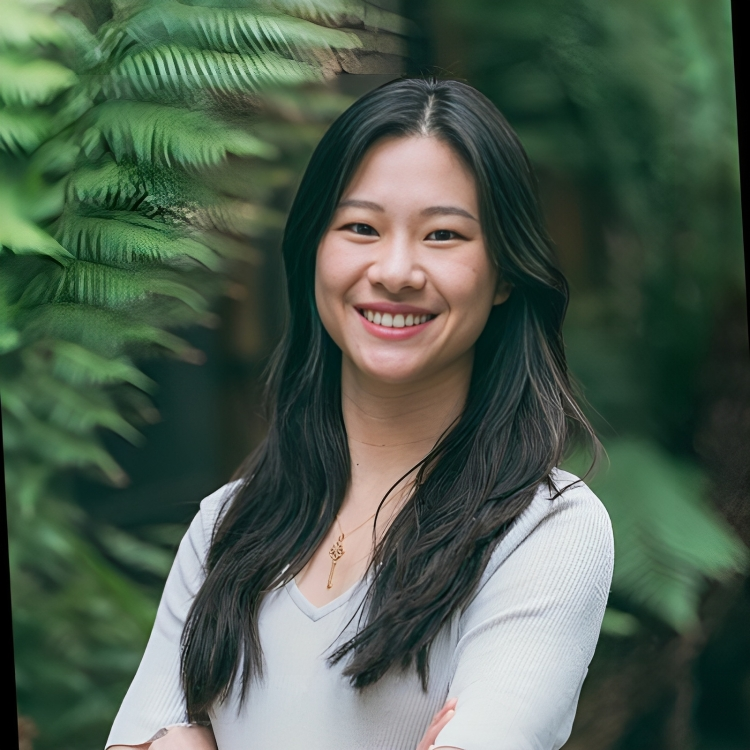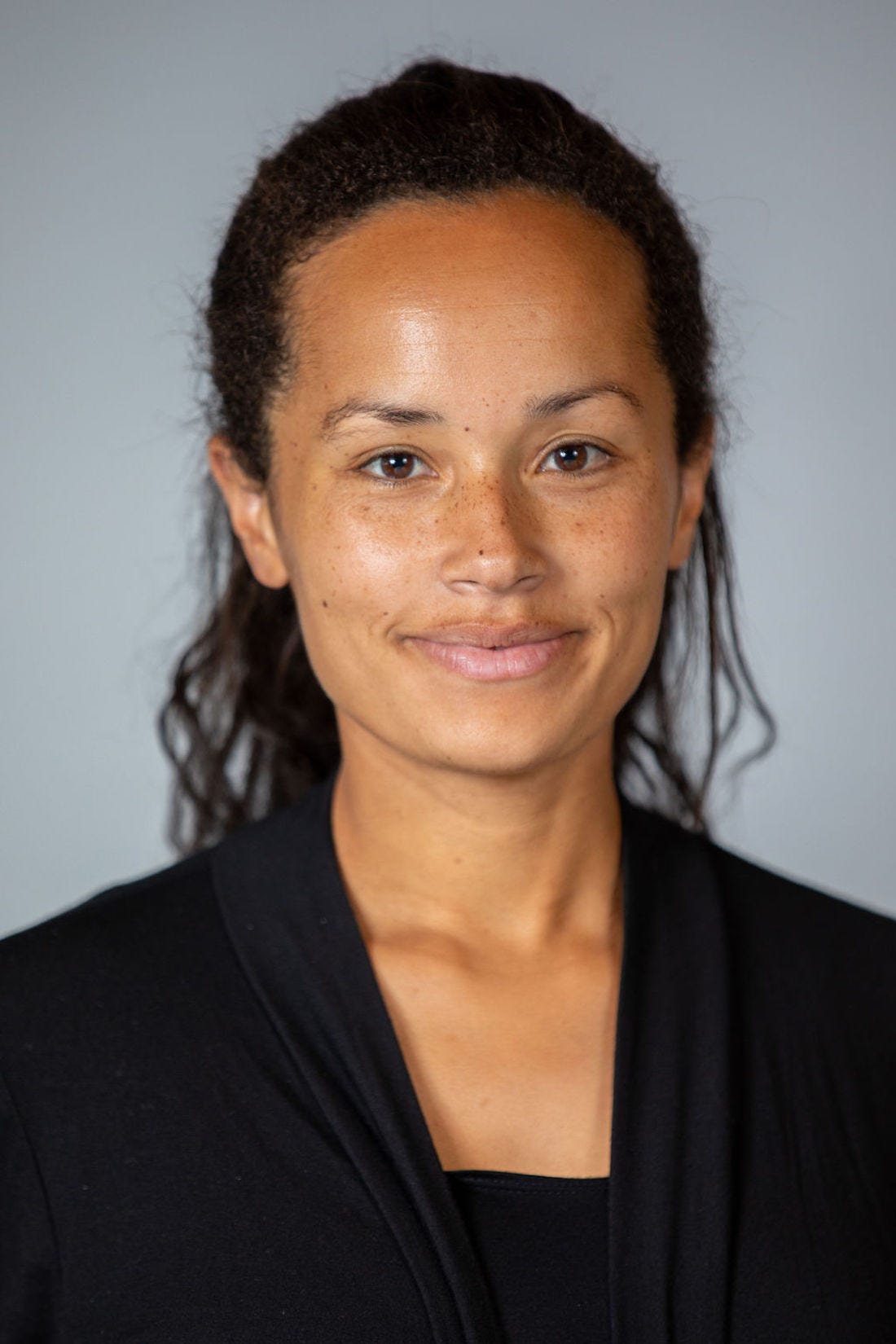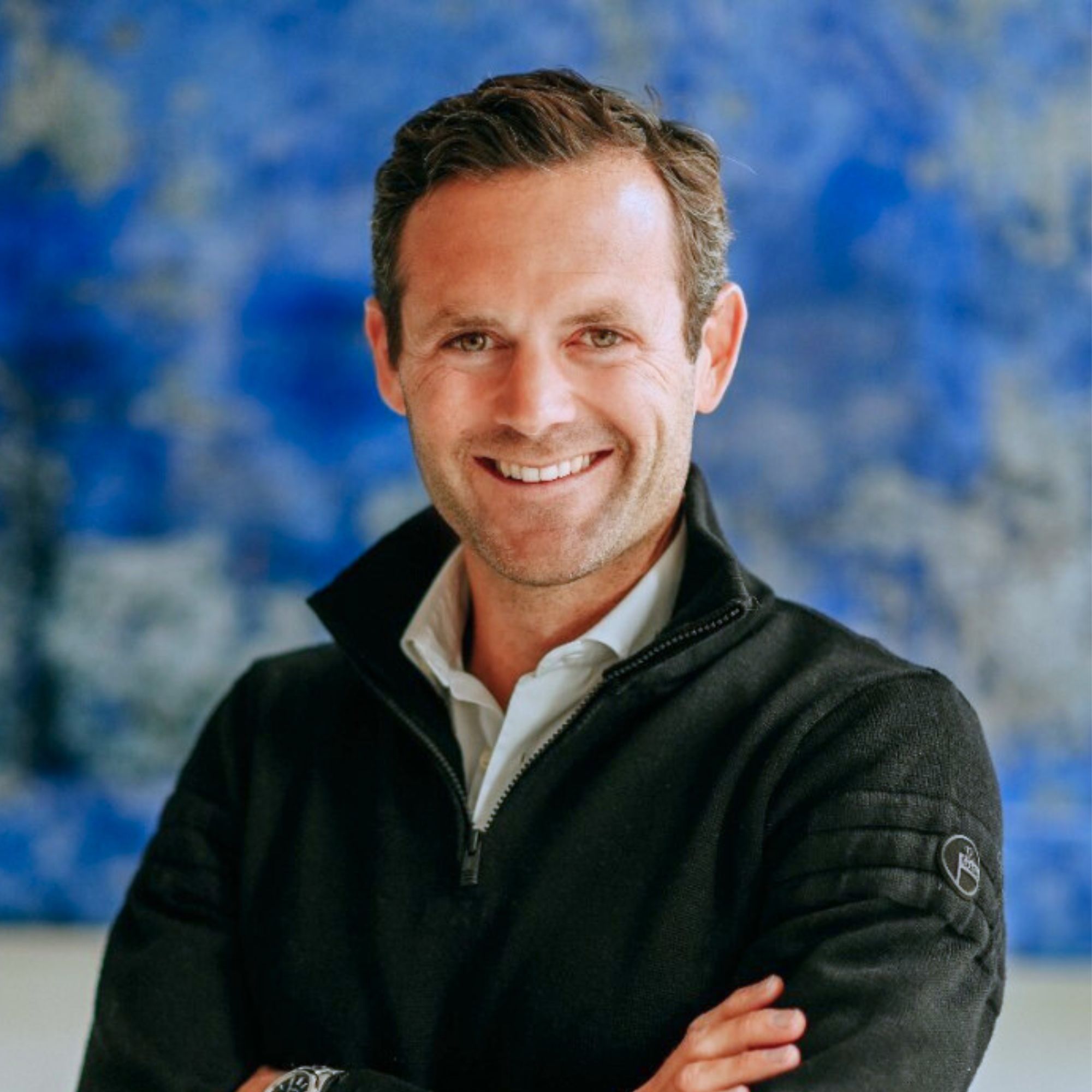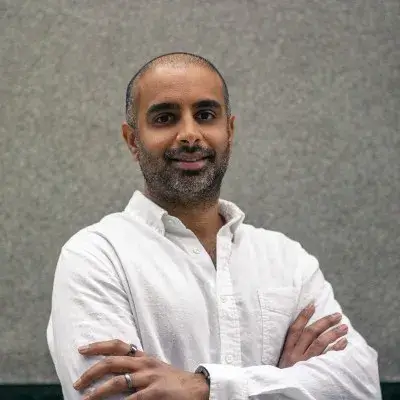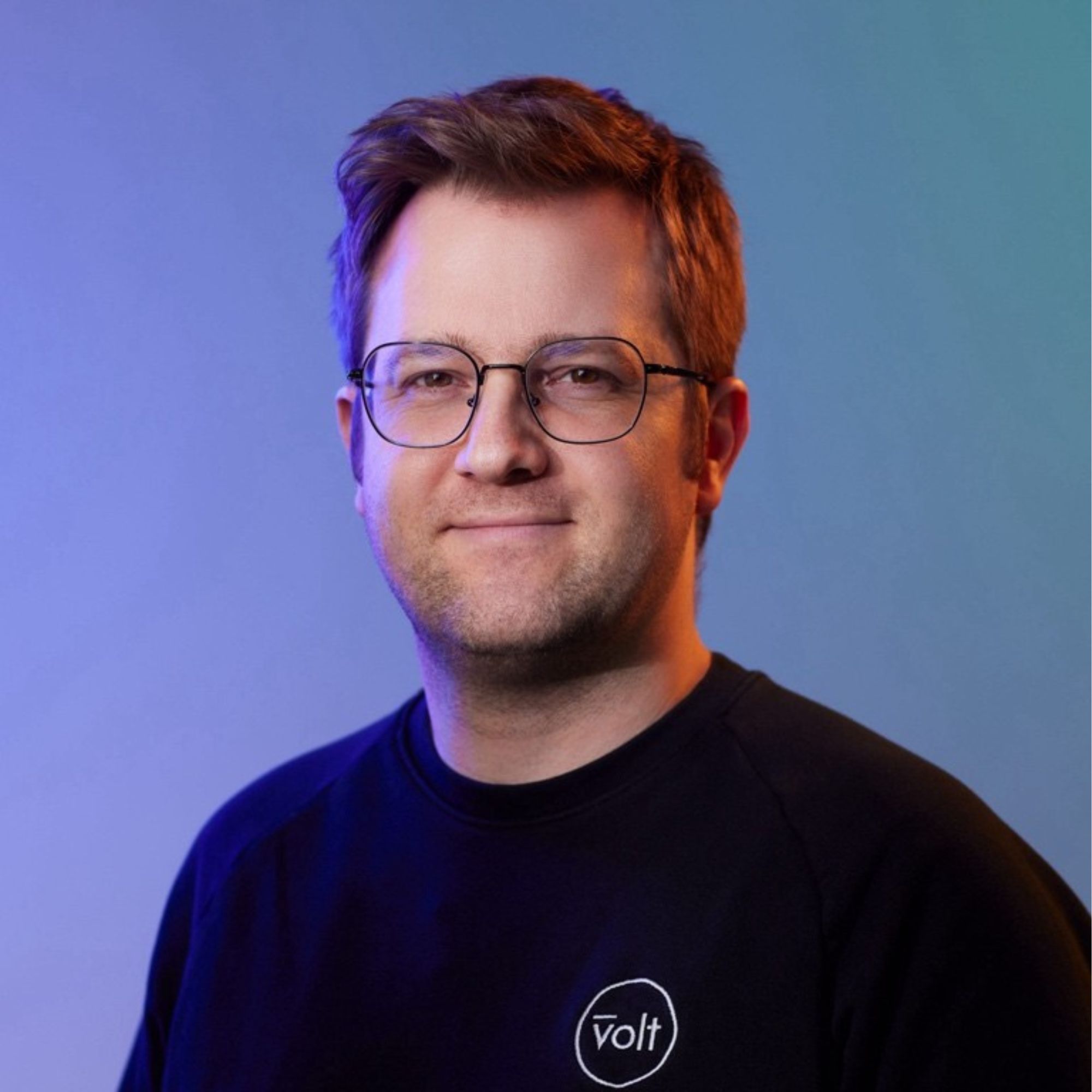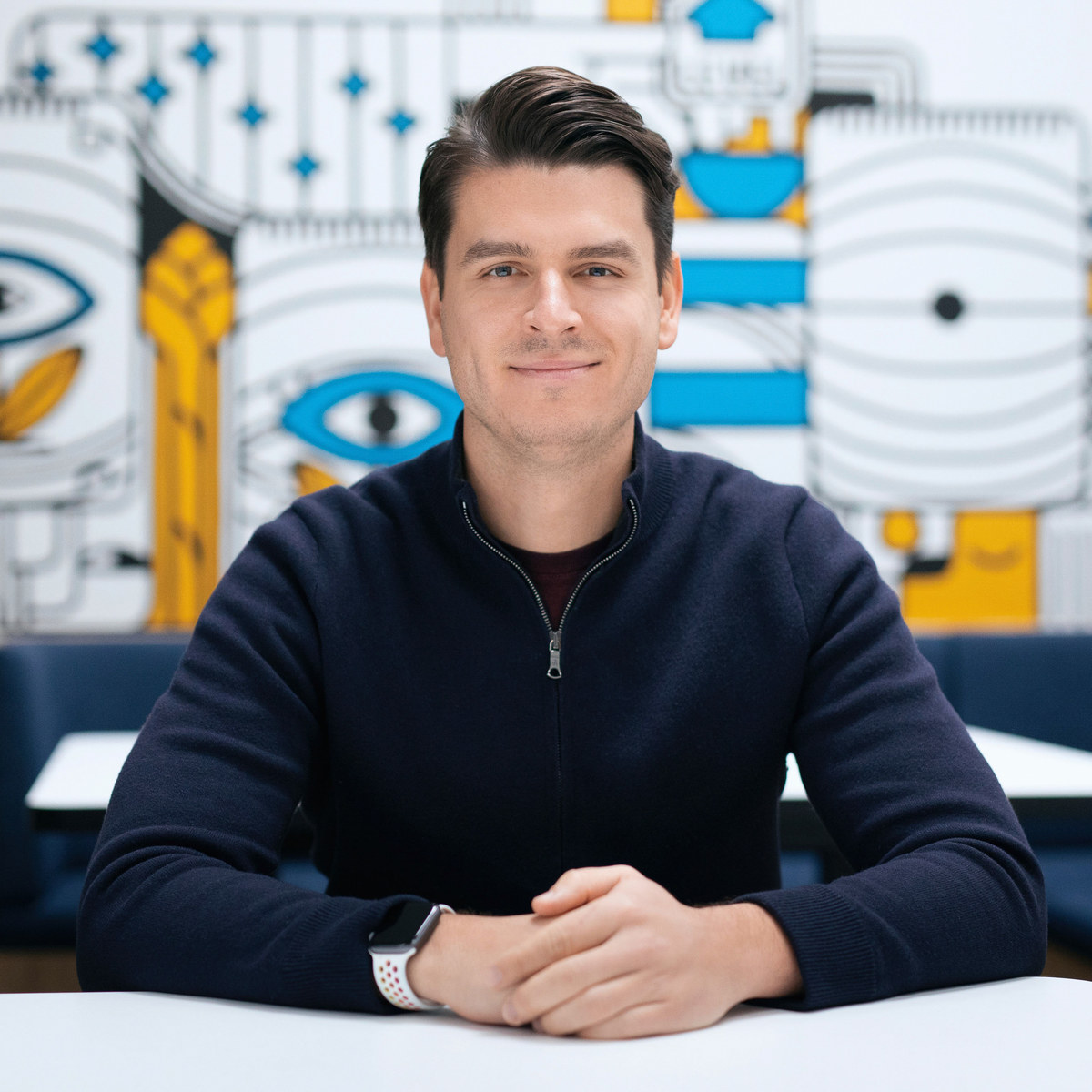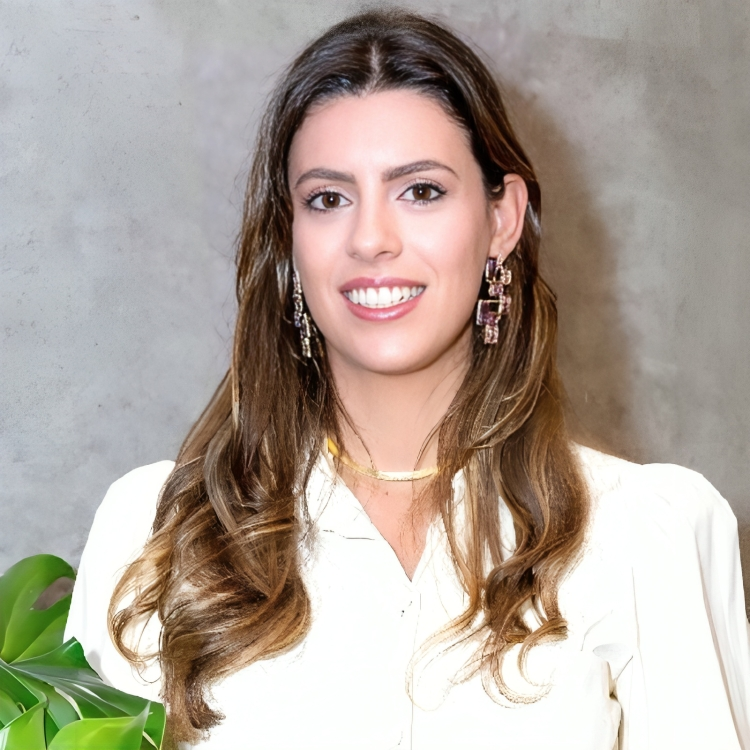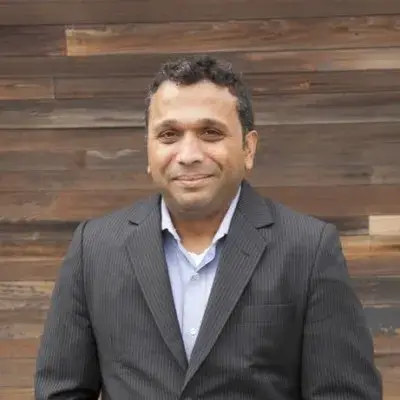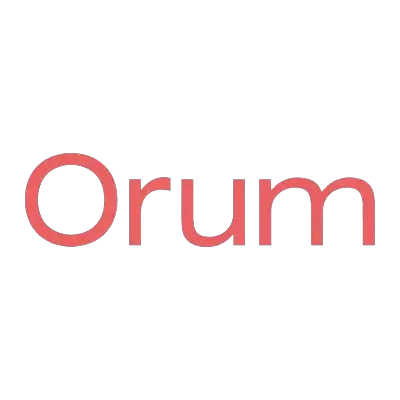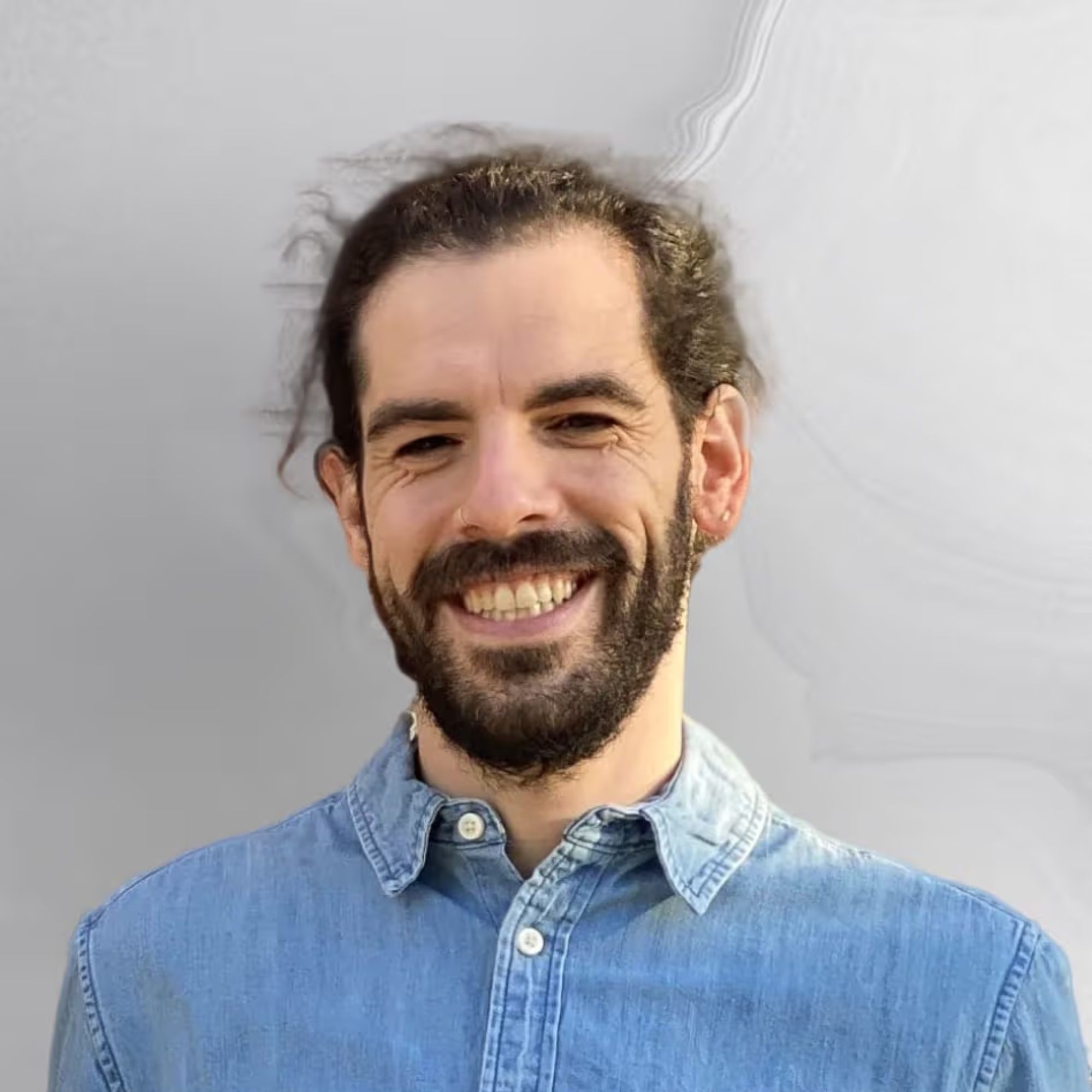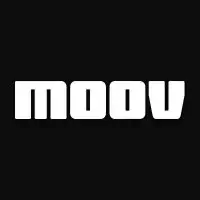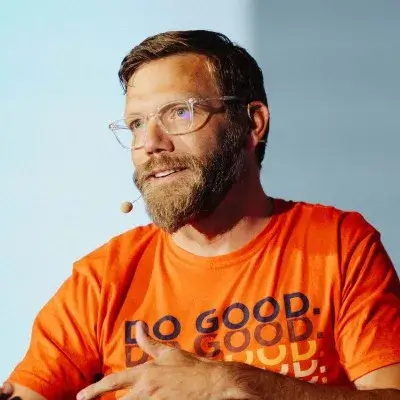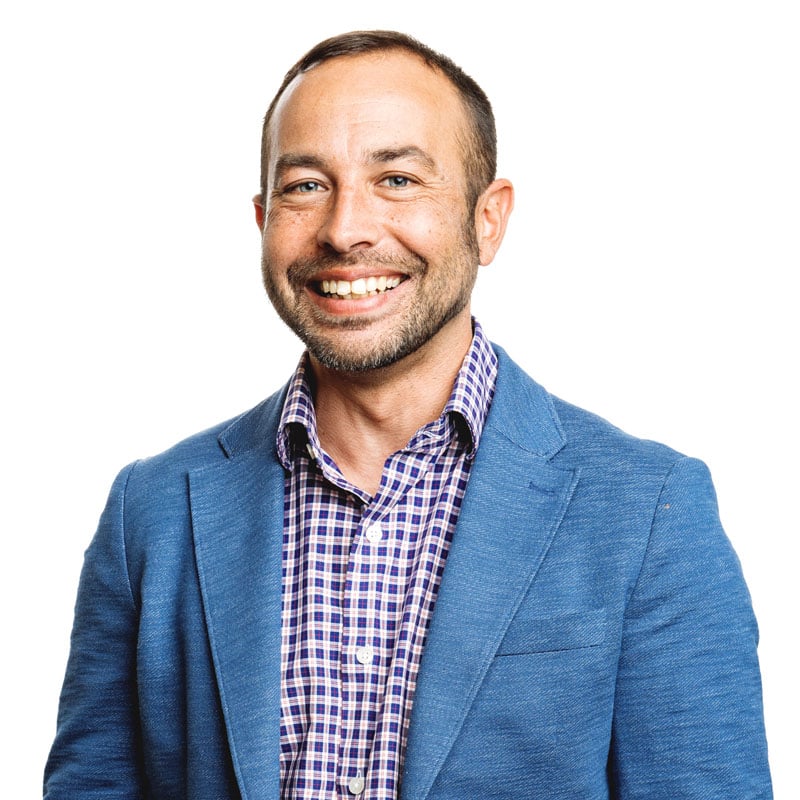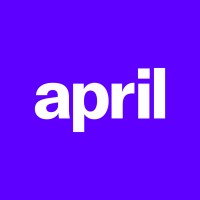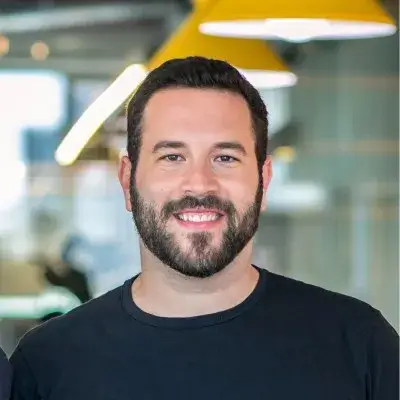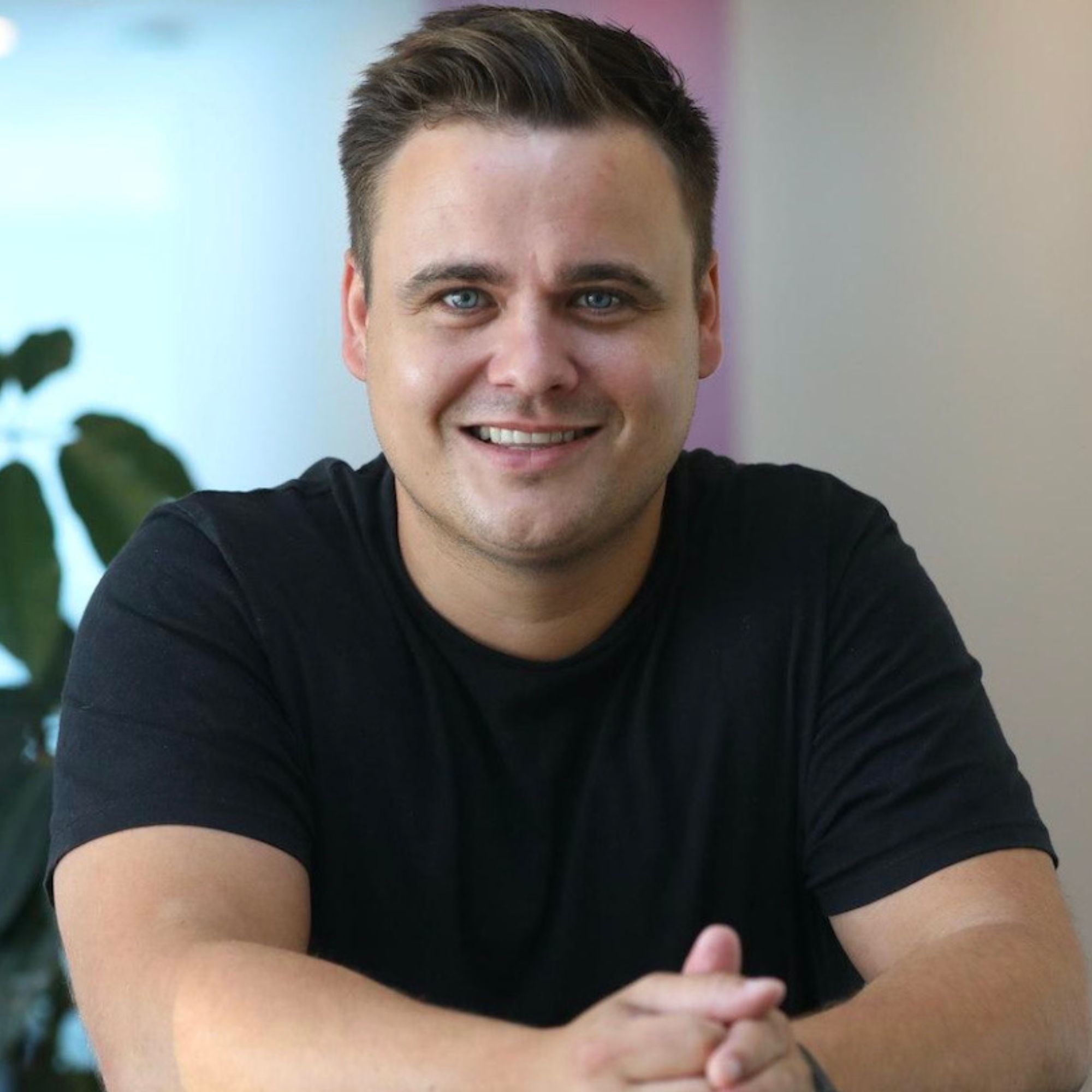Ready to launch your own podcast? Book a strategy call.
Frontlines.io | Where B2B Founders Talk GTM.
Strategic Communications Advisory For Visionary Founders
Conversation
Highlights
From Manual Data Entry to Banking Platform: How Crowded Found Product-Market Fit in the Nonprofit Sector
Six and a half percent of US GDP flows through nonprofits – approximately $1 trillion. Yet when Daniel Grunstein started Crowded, he discovered this massive market was deeply underserved by modern financial technology. In a recent episode of Category Visionaries, Daniel Grunstein, CEO of Crowded shared how his team navigated the complex journey from initial concept to product-market fit.
The nonprofit sector presents a unique paradox for founders. As Daniel explains, “You have lots of different competitors in lots of different ways… sometimes you even have competitors who are doing one product for one sub vertical.” This fragmentation meant Crowded needed to be strategic about its initial market entry.
Rather than trying to serve the entire nonprofit sector immediately, Daniel’s team focused on college organizations as their beachhead market. This wasn’t a random choice – it was driven by specific criteria around customer accessibility and feedback loops.
“The cool thing with college groups is the treasurer changes every year. I’ve got this guy. He’s new, he’s excited,” Daniel shares. This regular turnover of decision-makers created consistent opportunities for product conversations. The team got creative with their early user acquisition, offering LinkedIn endorsements and internship opportunities in exchange for product feedback.
But perhaps most telling was their approach to early product development. Daniel candidly shares a story about their first client: “The database wasn’t actually registering the payments. So what I would do is I would get them on a call and I would literally go in and they would write, my dues for this semester is a grand, two grand, whatever it is. And I would actually write it on a piece of paper and then enter it in the database after.”
This willingness to start with manual processes proved crucial for validation. Rather than building a complete platform upfront, they could verify real user needs before making significant technology investments.
The product development strategy was heavily influenced by “The Mom Test,” a book Daniel credits for shaping their approach: “When I applied them, I felt that I made much better decisions as a Founder, taking things slow, not throwing a lot of money, and being very calculated with the investment you’re making in a new product.”
As Crowded expanded beyond college organizations, they discovered their true competitive advantage wasn’t just in payment processing or banking – it was in handling compliance. “The consequences of not doing those things are massive,” Daniel explains. “They get billed and they can get sent to bill by the IRS. The organization and all its great efforts can be shut down overnight.”
This insight led to their current positioning: a platform that combines banking, payment processing, and automated compliance handling. It’s a solution particularly valuable for organizations with distributed chapters, where volunteers often lack financial expertise.
For founders targeting the nonprofit sector, Daniel emphasizes the importance of patience: “Be patient. They move slow. Be patient.” This reality shapes everything from sales cycles to product development timelines.
Looking ahead, Daniel sees Crowded evolving into an end-to-end management platform for nonprofit treasurers and administrators. But he’s candid about the uncertain path forward: “In three to five years, it’s unclear to me still if this is exit play or if we want to just continue riding the business the moment. We’re really enjoying it.”
The journey from manual data entry to comprehensive banking platform illustrates a crucial lesson for founders: sometimes the path to serving a massive market starts with being willing to do things that don’t scale, focusing on a narrow segment, and letting real user needs guide your evolution.
Actionable
Takeaways
Strategic Market Entry is Crucial for Startups:
Daniel's journey with Crowded underscores the importance of identifying a specific initial target market within a broader industry. For startups, especially in fintech, choosing a beachhead market like college organizations can provide a more accessible entry point and enable founders to refine their product with direct feedback from an engaged user base.
Leverage Personal Experiences to Identify Market Needs:
Daniel’s firsthand experience with financial management challenges in nonprofits led to the creation of Crowded. This highlights how personal experiences and pain points can be powerful motivators and sources of inspiration for developing solutions that address unmet needs in the market.
Patience and Persistence in Product Development:
The early days at Crowded, involving manual data entry and building with no-code solutions, illustrate the value of patience and persistence in product development. Founders should be prepared for a hands-on approach in the initial stages, focusing on validating their concept before scaling.
The Significance of Strategic Hiring Decisions:
Crowded’s success story reinforces the impact of strategic hiring, particularly in leadership roles. Bringing on the right people can significantly alter the course of a startup, enhancing product development, company culture, and the overall direction of the business.
Navigating a Complex Competitive Landscape:
Crowded's approach to dealing with a diverse range of competitors — from niche fintech startups to major banks — offers a playbook for startups operating in crowded markets. Understanding your unique value proposition and maintaining focus on your specific niche can help in carving out a sustainable position in the market.

